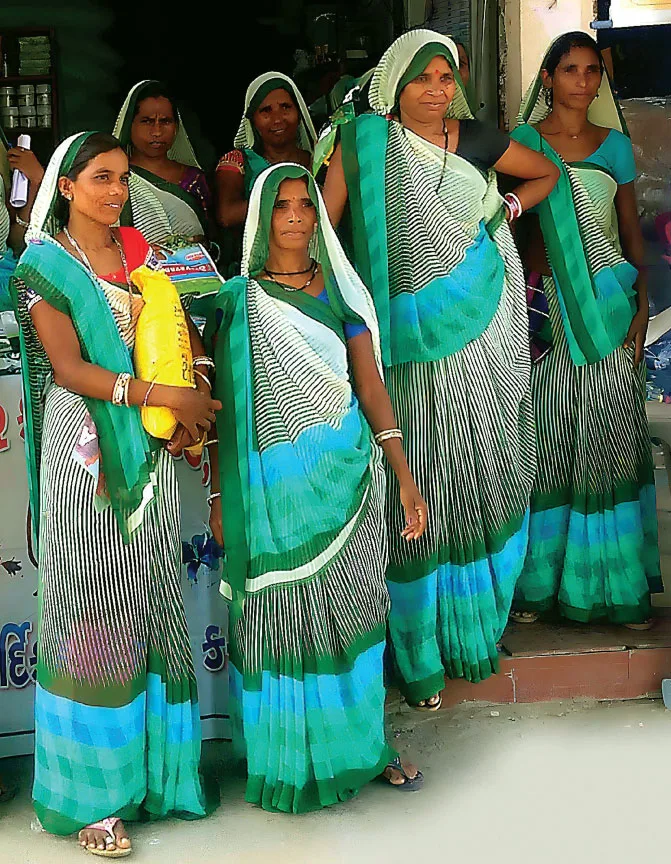
Finding their way and their voice
Women’s collectives supported by the Tata Trusts are fostering their members in multiple ways, from facilitating financial security to enabling recognition in the community
In India, women’s work remains largely invisible. Whether as homemakers in cities or as farmers in villages, their efforts often go unrecognised and unrewarded. Such anonymity is even more pronounced in the country’s rural reaches.
Studies show that while women in rural India do the lion’s share of farming and animal husbandry work — typically more than men — they rarely own land or have a say in household decision-making. And women are disadvantaged further.
With migration increasing and men moving to urban areas for employment, the burden of managing the home, the field and the family’s financial needs has fallen on women. But they are constrained by a range of challenges, not least entrenched patriarchy.
A report by Collectives for Integrated Livelihood Initiatives (CInI), an associate organisation of the Tata Trusts, states that “rural Indian women had minimal decision-making power, were underrepresented in leadership roles, and were strangled in the vicious cycle of poverty”.

The way to enhance the everyday lives of these women — and, by extension, their families and their communities — is collectivisation. That means bringing women together in well-established, institutions such as farmer-producer organisations (FPOs).
Such collectivisation provides women with a platform to increase household incomes, involves them in the value chain, and secures decision-making power at village and other regional fora.
Aspirations count
By delivering quality agricultural inputs and better market connectivity, FPOs give small women farmers greater control over their finances and their future. That includes their aspirations. With some disposable income in hand, women are now able to secure educational opportunities for their children and provide for the family’s healthcare needs.
Many women farmers are keen and able to grow their business with additional training and investments in the latest farming inputs and techniques. Some of them have become agri-entrepreneurs. As individual farmers they would have found it difficult to get loans to do this. But the FPO connects them with the banking system.
The most transformative part of the FPOs is giving their members a voice. Marginal women farmers who were not allowed an opinion in their families have turned into confident leaders and community resource persons, who negotiate with village councils and district officials for what their FPO needs.
Kukhrunulu Khamo, a shareholder with the Kade FPO in the Phek district of Nagaland, says: “I am recognised and respected in my village and in my community as a successful member of Kade. People listen to me. Kade has given me the confidence to stand up before 600-700 families and talk about our work.”
The spread of the FPOs is illustrative: from corporations with thousands of shareholders, millions of rupees in turnover and boards of directors to fledgling associations with potential for growth. They have been brought together by a common purpose: the empowerment of women.